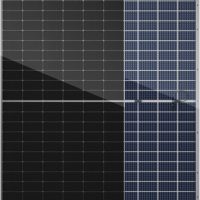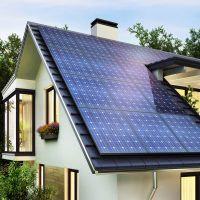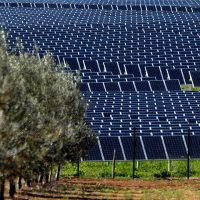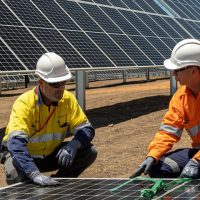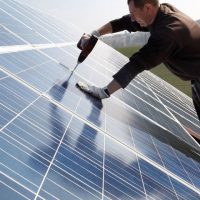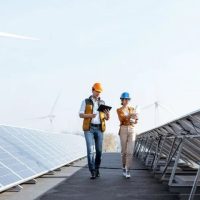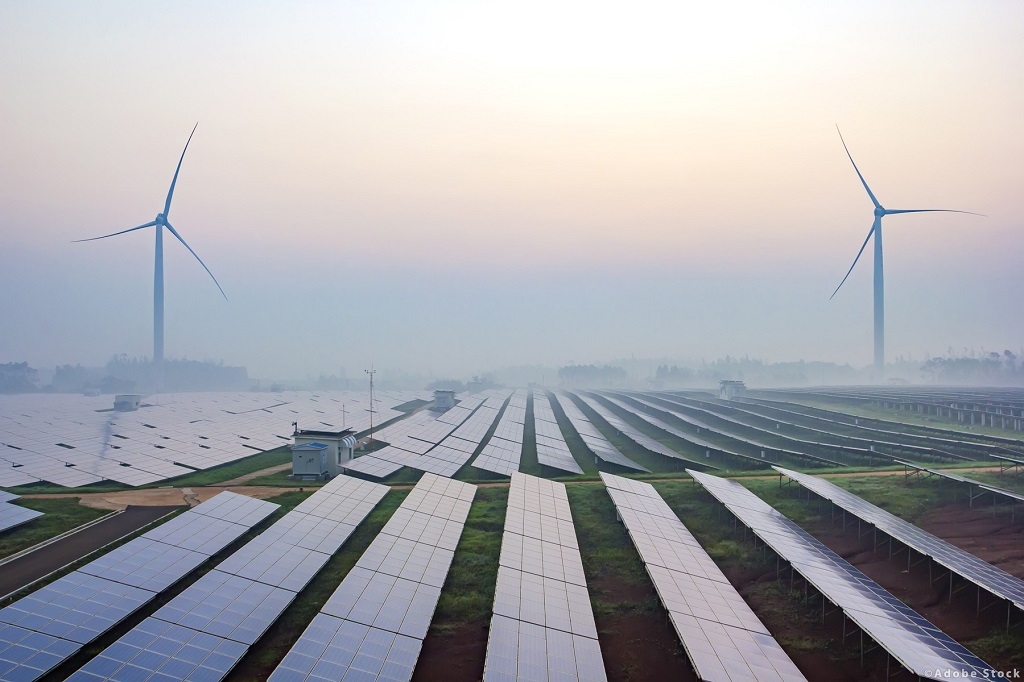This week marks a major development in the path towards an independent EU energy market. Through the REPowerEU plan, published on 18 May (an outline of which was published on 8 March), the European Commission highlights an urgent need to reduce the EU’s reliance on Russian fossil fuels, especially on natural gas imports. But how does this plan concretely foresee to reduce dependence, ensure strategic autonomy of the EU in the field of energy and how will it accelerate the clean energy transition? In this article, Dr2 Consultants presents the main takeaways of the REPowerEU plan.
The EU’s recipe for a green transition
In 2021, the European Commission proposed a package of measures to tackle the transition to more sustainable energy systems by means of the “Fit for 55” package. If all proposals as part of the package would be implemented, annual fossil gas consumption could be reduced by 30%, equivalent to 100 billion cubic meters (bcm), by 2030. However, in view of the invasion of Russia into Ukraine and the subsequent energy crisis, the REPowerEU Plan aims to accelerate this process.
The REPowerEU plan is based on three main elements:
- Saving more energy (and thus reducing energy dependency) through the promotion of energy efficiency;
- Diversifying energy supply (seeking new markets for imports), in order to reduce dependency on Russian energy;
- Substituting fossil fuels through the acceleration of Europe’s clean energy transition (combining investments and reforms).
Energy savings
Together with the REPowerEU plan, the Commission presents an EU Save Energy Communication. The new plan builds on the Fit for 55 proposals from July 2021 and calls for their speedy adoption. Among others, the European Commission proposes a legal amendment to raise the targets as put forward in the Energy Efficiency Directive – a revision that is part of the Fit for 55 package and currently under revision – from 9% in the current proposal to 13%. On heat pumps, the EU wants to double the current deployment rate, resulting in a cumulative 10 million units over the next five years. Moreover, Member States are encouraged to come with measures such as reduced VAT rates for high efficiency heating systems and for insulation in buildings, as well as other energy pricing measures, which encourage switching to heat pumps and the purchase of more efficient appliances.
Accelerating clean energy transition
The REPowerEU plan recommends replacing fossil fuels, such as natural gas with renewable fuels from both biological as well as non-biological origin in the near future. By accelerating the transition towards and increasing the uptake of fuels such as hydrogen and biomethane, Europe can replace fossil imports by renewables at a faster pace than foreseen. The Commission will finalize the proposed regulatory framework for hydrogen and will soon publish two new draft legal acts to define and boost the production and market development of renewable hydrogen within Europe. On biomethane, the Commission is proposing an action plan to achieve 35 billion cubic meters (bcm) of annual biomethane production by 2030. The Commission wants to address the main barriers to increasing the production and use of biomethane. Taking away these barriers will make it easier to facilitate its integration into the EU gas market.
Furthermore, REPowerEU urges for much more action on deploying renewable energy and related smart energy technologies, such as heat pumps and hydrogen electrolyzers. It puts forward an increase to the Renewable Energy Directive target – a revision that is part of the Fit for 55 package – from 40% to 45% by 2030, equivalent to 1236GW of installed renewables capacity, a significant step up from the 1067GW targeted in the original proposal for a revision.
Lastly, REPowerEU also includes a strategy for solar energy to make it an important part of the EU’s energy and heating systems. This proposes a target of over 320 GW of newly installed solar photovoltaic capacity by 2025, and almost 600 GW by 2030. The European Commission introduces a solar rooftop obligation for commercial and public buildings by 2026 and for new residential buildings by 2029. Moreover, an EU large-scale skills partnership to develop the necessary skilled workforce to produce, install and maintain these panels and an EU Solar Industry Alliance to support the EU industry in expanding the domestic production of photovoltaic panels.
In the new detailed plan, the Commission encourages Member States to identify the most suitable projects for renewables where permitting would be shortened and simplified. Normal renewable energy licensing procedures usually take years, meaning a significant acceleration of the rollout of renewable energy projects in the years to come.











